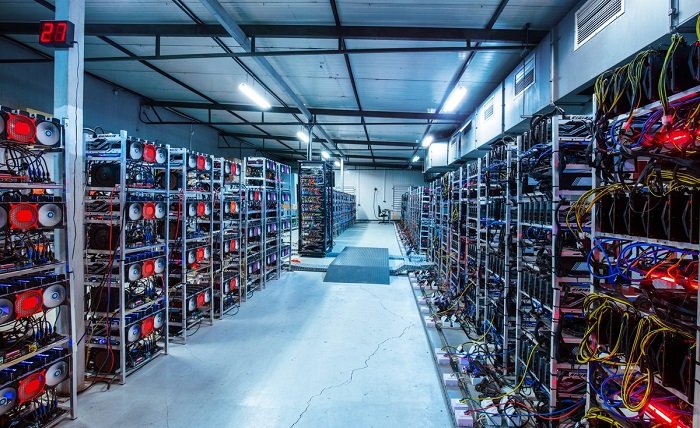In the world of cryptocurrencies, one term that has gained significant attention is “crypto miner.” Cryptocurrency mining plays a crucial role in validating transactions and securing blockchain networks. In this blog post, we will delve into the world of crypto mining, exploring its significance, process, challenges, and future prospects. Get ready to unravel the mysteries of this captivating domain.
Understanding Cryptocurrency Mining
Cryptocurrency mining refers to the process of validating transactions and adding them to the blockchain ledger. It involves using computational power to solve complex mathematical problems that secure the network and ensure its integrity. Miners, the individuals or entities performing this task, are rewarded with newly minted coins as an incentive for their efforts.
Read more about canonevent.org
How Does Crypto Mining Work?
Crypto mining relies on specialized hardware, such as powerful graphics processing units (GPUs) or application-specific integrated circuits (ASICs), to perform the necessary calculations. Miners compete to solve mathematical puzzles, with the first one to find the solution receiving the reward. This process is known as proof-of-work (PoW), and it acts as a deterrent against malicious actors attempting to alter the blockchain’s history.
The Role of Miners in the Blockchain Network
Miners play a pivotal role in maintaining the security and decentralization of blockchain networks. By validating transactions, miners ensure that only legitimate transactions are included in the blockchain. Additionally, they contribute to the consensus mechanism, preventing double-spending and ensuring the network operates efficiently and transparently.
Read more about canonevent.org
Popular Cryptocurrencies Mined Today
Bitcoin (BTC), the pioneering cryptocurrency, remains the most commonly mined digital asset. However, numerous other cryptocurrencies have emerged, each with its unique features and mining algorithms. Ethereum (ETH), Litecoin (LTC), and Monero (XMR) are among the popular alternatives that miners often focus on.
Hardware and Software Requirements for Mining
To engage in crypto mining, one needs specialized hardware capable of performing the intensive computations required. GPU mining rigs or ASIC miners are commonly used, with each having its advantages and considerations. Additionally, miners require mining software to connect to the network and manage their mining operations efficiently.
Pool Mining vs. Solo Mining
Crypto mining can be pursued individually (solo mining) or as part of a mining pool. In solo mining, miners work independently and compete against others to solve the mathematical puzzle. On the other hand, pool mining involves joining forces with other miners, combining their computational power to increase the chances of finding the solution collectively. Pool mining offers more consistent rewards but involves sharing them with the pool members.
The Energy Consumption Debate
As crypto mining has gained popularity, concerns about its environmental impact have emerged. The energy consumption associated with mining operations, particularly in the case of Bitcoin, has been a subject of discussion. However, it is worth noting that mining can also drive innovation in renewable energy sources and promote the adoption of sustainable practices.
Overcoming Mining Challenges
Crypto mining is not without its challenges. The increasing complexity of mining algorithms and the rising competition among miners make it harder to mine cryptocurrencies profitably. However, advancements in mining hardware, the development of new consensus mechanisms like proof-of-stake (PoS), and the availability of cloud mining services are some of the solutions being explored to address these challenges.
Mining as a Profitable Venture
For many individuals and organizations, crypto mining presents an opportunity for profit. By carefully managing their mining operations, considering factors such as electricity costs, hardware efficiency, and mining pool selection, miners can generate income from their endeavors. However, it is crucial to stay informed about market trends and make informed decisions to maximize profitability.
The Future of Crypto Mining
The future of crypto mining holds both opportunities and challenges. As the cryptocurrency industry continues to evolve, mining will adapt to technological advancements and changing market dynamics. With the growing interest in decentralized finance (DeFi), non-fungible tokens (NFTs), and the emergence of new cryptocurrencies, mining is expected to remain a crucial component of the ecosystem.
Conclusion
Crypto mining is an essential process that ensures the security and integrity of blockchain networks. Aspiring miners should carefully consider the hardware, software, and mining strategies they employ to optimize their mining operations. While challenges exist, mining continues to be a promising venture, offering individuals and organizations the potential to participate in the exciting world of cryptocurrencies.

